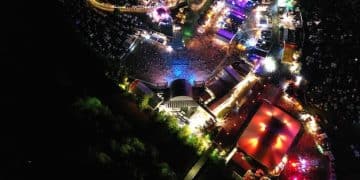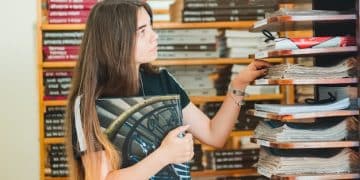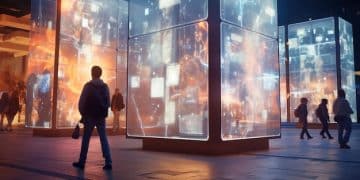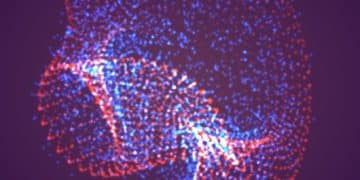The Impact of AI on Pop Culture: Can Robots Write Hit Songs?
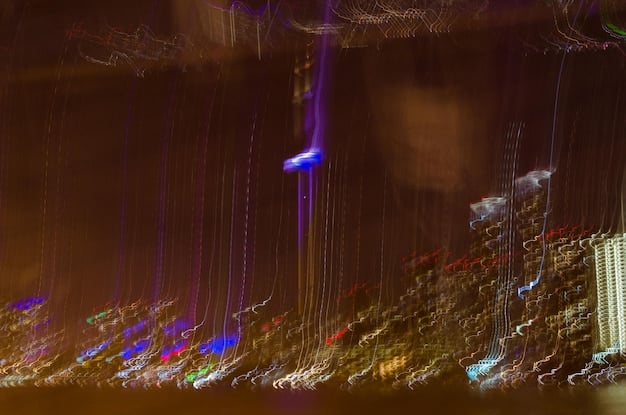
The impact of AI on pop culture is rapidly evolving, raising the question of whether AI will compose the next hit song, influencing music, film, and other art forms.
The rise of artificial intelligence is reshaping various aspects of our lives, and pop culture is no exception. The question of the impact of AI on pop culture: will robots write the next hit song? is no longer a futuristic fantasy but a tangible possibility, sparking both excitement and concern within the creative industries.
The Rise of AI in Creative Industries
Artificial intelligence is making significant inroads into creative fields. From generating musical compositions to writing scripts, AI tools are becoming increasingly sophisticated. This raises fundamental questions about the role of human creativity in an age of rapidly advancing technology.
AI Music Composition: A New Era?
AI algorithms can now analyze vast datasets of popular songs to identify patterns and trends. They can then use this information to compose original music that mimics or innovates upon existing styles.
Scriptwriting with AI: Hollywood’s Future?
AI is also being used to generate scripts for movies, TV shows, and even video games. These AI scriptwriting tools often focus on genre-specific formulas to predict the success of the story.
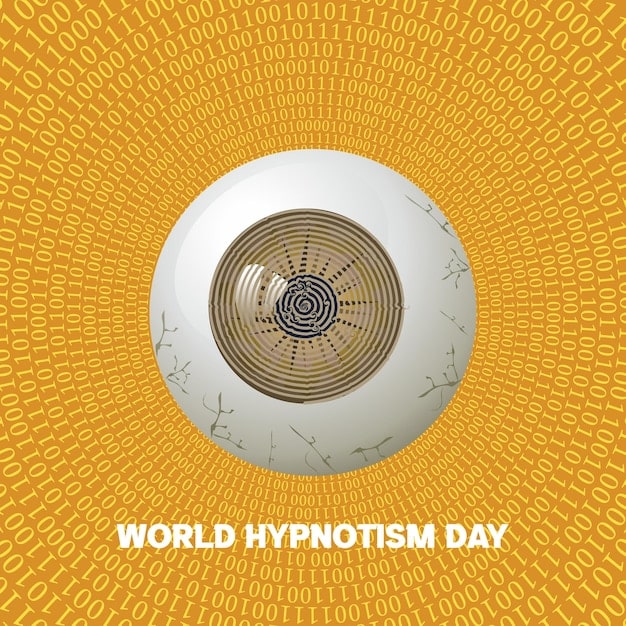
Here are a few applications where AI is already making an impact:
- Music Composition: Tools like Amper Music and Jukebox allow users to create original songs by specifying the genre, mood, and style.
- Scriptwriting: Platforms such as ScriptBook analyze scripts to predict their commercial success based on various factors.
- Visual Arts: AI-powered tools like DALL-E 2 and Midjourney can generate stunning visuals based on text prompts, impacting graphic design and digital art.
The integration of AI into creative industries presents numerous opportunities, including increased efficiency and the ability to explore new artistic avenues. However, it also raises concerns about job displacement and the potential homogenization of creative output.
AI-Generated Music: A Deep Dive
AI’s involvement in music goes beyond simple automation. These systems are learning to create compositions from scratch. But how does this technology actually craft a tune, and is it truly “creative”?
How AI Composes Music
AI music composition typically involves machine learning models trained on extensive music datasets. These models learn the patterns and structures that define different musical genres and styles.
Examples of AI-Generated Songs
There are numerous examples of AI-generated songs across various genres. These compositions demonstrate the capabilities of AI in mimicking human musical styles.
The process generally involves these steps:
- Data Analysis: AI analyzes a vast library of music to learn patterns in melody, harmony, and rhythm.
- Pattern Recognition: It identifies recurring elements and stylistic traits specific to different genres.
- Composition: Based on the learned patterns, AI generates new musical pieces.
While AI can create technically proficient music, there are questions about whether it can truly capture the emotional depth and originality of human compositions. Many argue that AI-generated music lacks the personal touch and unique perspective that human artists bring to their work.
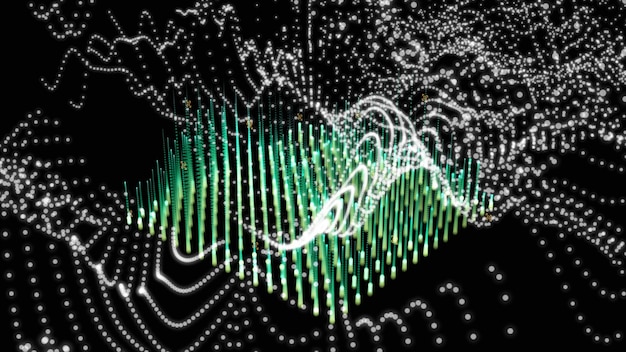
AI in Film and Scriptwriting
Beyond music, AI is also making waves in the film industry. AI tools are now capable of generating scripts, suggesting plot twists, and even creating realistic visual effects. But can AI truly understand storytelling?
AI’s Role in Script Generation
AI scriptwriting tools are designed to create screenplays based on various inputs, such as genre, plot outline, and character descriptions. These tools often leverage natural language processing (NLP) to generate dialogue and narrative structures.
Challenges and Limitations
Despite their capabilities, AI scriptwriting tools still face significant challenges. One major limitation is their inability to fully grasp the nuances of human emotion and motivation.
Key factors driving AI’s role in film include:
- Automated Content Creation: AI can quickly produce content, reducing production time.
- Predictive Analysis: AI algorithms can analyze scripts to predict audience reception.
- Cost Reduction: Automation can cut down on labor costs, making filmmaking more accessible.
While AI offers exciting possibilities, the film industry remains cautious. Many believe that AI can assist human writers but not replace them. The human touch is seen as essential for crafting compelling stories that resonate with audiences.
The Ethical and Legal Implications
The increasing presence of AI in pop culture raises several ethical and legal questions. Who owns the copyright when AI creates music or scripts? How do we ensure that AI is used responsibly and does not perpetuate biases?
Copyright Issues
One of the most pressing legal issues is copyright. Current copyright laws are not designed to address AI-generated works. If AI creates a song or a script, who owns the rights to it?
Bias and Representation
AI algorithms are trained on data, and if that data contains biases, the AI will likely reproduce those biases in its work. This can lead to a lack of diversity and representation in pop culture.
The legal intricacies involve:
- Ownership: Determining who owns the rights to AI-generated content.
- Liability: Addressing accountability for AI-driven actions and outputs.
- Regulation: Establishing guidelines for the ethical use of AI in creative sectors.
Addressing these ethical and legal considerations is crucial to ensure that AI is used in a way that benefits society and promotes fairness. Open discussions and legal frameworks are necessary to navigate these complex issues.
Will AI Replace Human Artists?
One of the biggest fears surrounding AI in pop culture is whether it will eventually replace human artists. While AI can certainly automate certain tasks, it is unlikely to completely replace human creativity.
The Unique Value of Human Creativity
Human creativity is driven by emotions, experiences, and perspectives that AI cannot replicate. Artists draw inspiration from their lives, and their work reflects their unique worldviews.
AI as a Tool for Artists
Instead of replacing artists, AI is more likely to become a tool that artists use to enhance their creativity. AI can assist with tasks such as generating ideas, creating variations, and automating repetitive processes.
The debate involves:
- Originality: The capacity of AI to produce genuinely original and innovative content.
- Emotional Depth: The ability of AI to evoke and convey human emotions effectively.
- Contextual Understanding: The deep comprehension of cultural and societal nuances that AI systems require.
The future likely lies in a collaborative approach, where AI and humans work together to create new forms of art. This partnership could lead to exciting and innovative developments in pop culture.
The Future of AI in Pop Culture
The future of AI in pop culture is filled with both potential and uncertainty. As AI technology continues to evolve, it will likely play an increasingly significant role in shaping the entertainment landscape.
Emerging Trends
One emerging trend is the use of AI to create personalized entertainment experiences. AI can analyze a user’s preferences and generate content tailored specifically to their tastes.
Predictions and Possibilities
In the coming years, we may see AI integrated even further into pop culture, influencing everything from music and film to video games and social media.
Speculations include:
- Interactive Narratives: AI-driven stories that adapt to user choices.
- AI-Generated Personalities: Virtual influencers and characters powered by AI.
- Seamless Content Integration: AI tools simplifying creative workflows across media.
The evolution of AI in pop culture promises a dynamic and transformative era, where technology and creativity converge to redefine entertainment.
| Key Point | Brief Description |
|---|---|
| 🤖 AI Music Composition | AI algorithms analyze music data to compose original pieces. |
| 🎬 AI Scriptwriting | AI generates scripts for films, TV shows, and video games. |
| ⚖️ Ethical & Legal Implications | Copyright ownership and bias in AI-generated content are key concerns. |
| 🤝 Human-AI Collaboration | AI is likely to become a tool for artists rather than a replacement. |
FAQ
▼
AI can generate music that mimics various styles, but questions remain about its capacity for genuine originality and emotional depth.
▼
The copyright issue is complex, as current laws aren’t designed for AI. Ownership often depends on the AI’s creators or users.
▼
AI is more likely to augment artists, serving as a tool to enhance creativity rather than a complete replacement.
▼
If AI is trained on biased data sets, it can perpetuate stereotypes and representation issues, affecting diversity in entertainment.
▼
Emerging trends include personalized entertainment experiences, AI-generated virtual personalities, and interactive narratives tailored by AI.
Conclusion
The integration of AI into pop culture presents both exciting opportunities and significant challenges. While AI may never fully replace human creativity, it is poised to become an increasingly valuable tool for artists and content creators. Addressing the ethical and legal implications will be crucial to ensure that AI is used responsibly and promotes a diverse and inclusive entertainment landscape.
